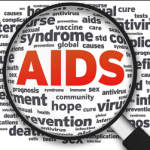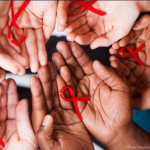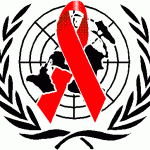
The Joint United Nations Programme on HIV and AIDS (UNAIDS) has fired a warning shot to Caribbean leaders, urging the acceleration of efforts to reduce new HIV infections among young people.
UNAIDS Public health specialist Dr Richard Amenyah has warned that HIV among young people remains a significant public health concern because the decline in new HIV infections among adolescents and youth has not been rapid enough to effectively control the epidemic.
Globally, young people who are 15 to 24-years-old, account for 28 per cent of new HIV infections in 2023 while in the Caribbean, they accounted for 27% of the 15,000 new infections, representing a 15% increase from 2020.
“This rising proportion of total HIV incidence among young people which ranges from 14% in Suriname and Guyana to 37% in Barbados, is concerning and warrants further investigation and serious attention, if we are to end AIDS as a public health threat by 2030,” UNAIDS stated.
Dr. Amenyah explained that several factors are driving the epidemic among adolescents and youth. He said HIV prevention and testing among adolescents and young people have been particularly challenging due to factors such as social norms, vulnerability, high-risk sexual behaviors, policy barriers, limited access to healthcare services, and poor care-seeking behaviors.
“The lack of comprehensive knowledge about HIV transmission, prevention, and treatment increases risky sexual behavior, fuelled by myths and misconceptions about the virus. Many schools lack comprehensive sexuality education, and there are few youth-friendly facilities within or outside health care settings to engage and educate young people about HIV,” the UNAIDS specialist noted.
He said policy makers need to think differently about how to address the needs of young people in ways that are transformative, and impactful to achieve HIV epidemic control by 2030 and beyond.
He urged governments must removal all policy and legal bottlenecks, and, increase domestic health investments to deliver youth friendly services to meet the needs of young people.











You must be logged in to post a comment Login